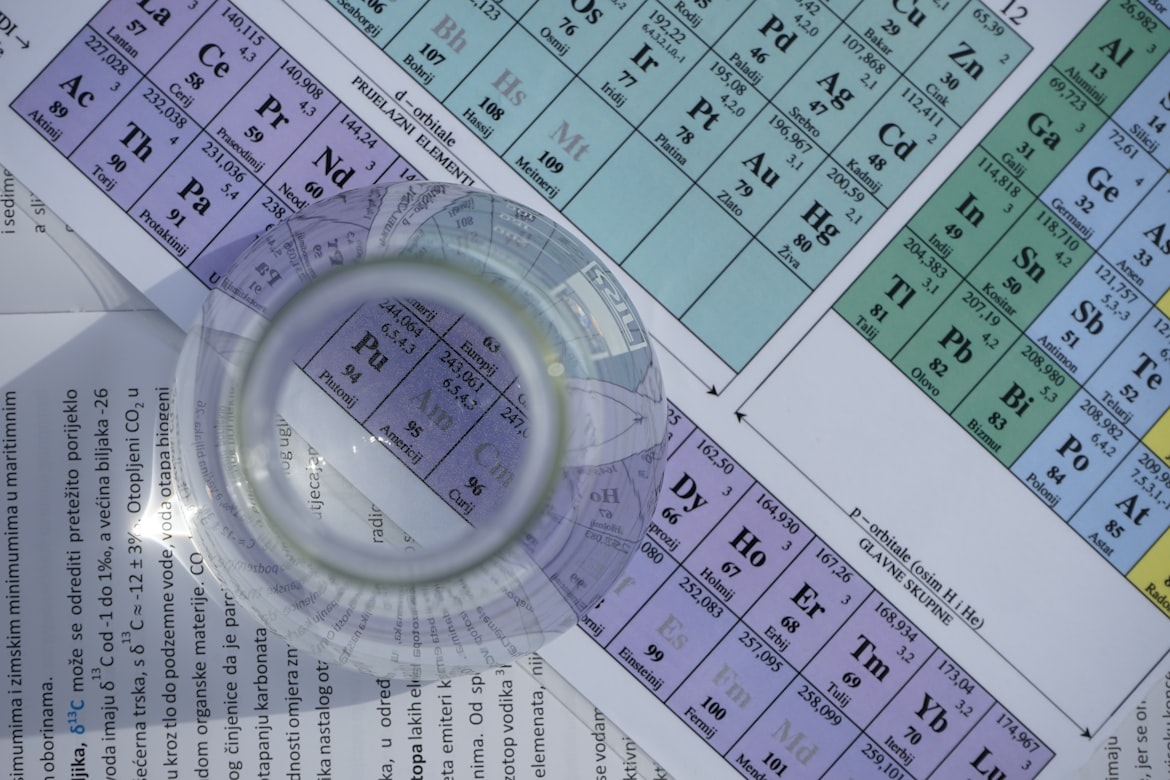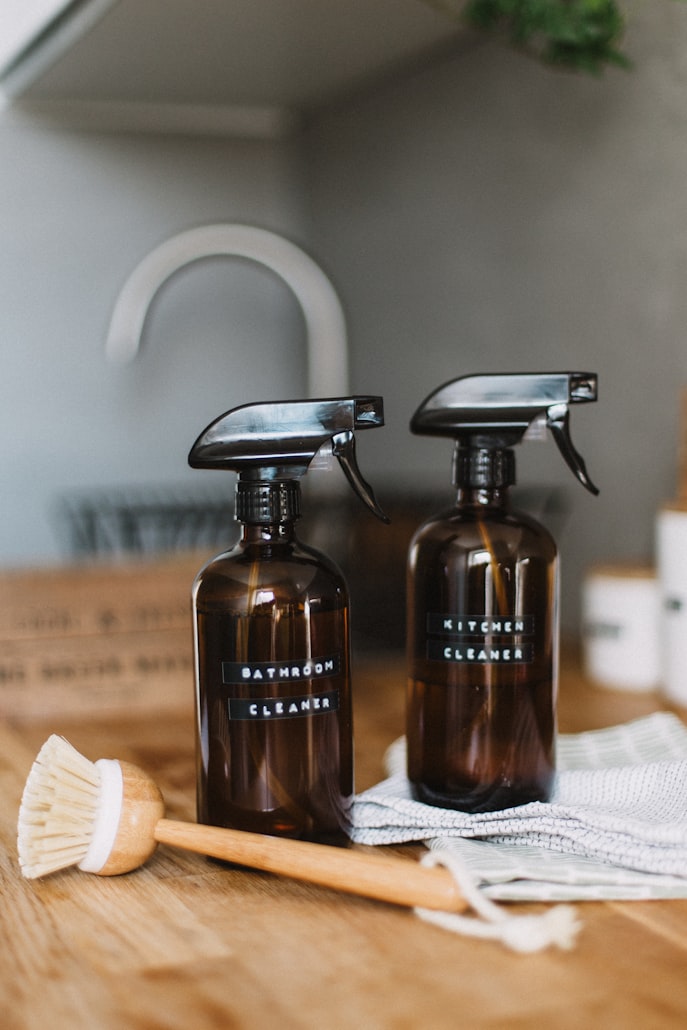How do you keep your household chemicals organized in your home? Maybe you have a few bottles next to each other beneath the kitchen sink, a couple in the bathroom, or even on your night table? How about in the laboratory? Get the chemical storage cabinet malaysia.

Many of us don’t think about carefully storing our chemicals, and many of us are guilty of wrongly utilizing these harmful household chemicals without considering the consequences to our health and houses.
We’ve included our best suggestions for storing and managing hazardous chemicals, as well as how to properly dispose of these chemicals to safeguard the environment, to make chemical storing at home as simple and safe as possible.
What Are Toxic Chemicals and How Do I Avoid Them?
It may seem like a foolish question, but it’s critical that we understand what goods are classified as “dangerous household chemicals” in our homes. When substances fall into one of the categories listed, they are considered harmful:
They are corrosive in the sense that they eat or erode away at a variety of materials.
When they get in touch with a bare flame, they rapidly ignite.
When they’re combined, they can easily burst and react in different ways, such as releasing hazardous fumes.
Toxic: When handled wrongly, they are harmful to people and animals. The skull and crossbones label is used to identify certain items.
Chemical remover, chlorine bleaching, cleaning solvents, insecticide, lawn chemicals, nail polish cleaner, spot remover, bathroom cleanser, oven cleaner, motor oil, scented candles, and carpet deodorizer are just a few examples.
Are any of these facts surprising to you?
Hundreds of dangerous home chemicals might be lying about the house, requiring proper chemical storage. Don’t be concerned! We have an underground storage guideline for you that will show you how to properly store chemicals at home.
How To Properly Store Chemicals At Home
Look at the label.

Even if you aren’t planning to buy something, you must always look at the label completely. It’s only a matter of common sense. Instructions on how to use the equipment safely, how to handle the material properly, and how to protect oneself while using it may all be found on the label. Don’t overlook the first and most crucial step when working with dangerous substances!
Keep Children and Pets at a Safe Distance
This is also simple, but one that we often overlook. Do you store your cleaning supplies under the sink? Yes. Is there a lock on the cupboard? I didn’t think so.
Keep all of your home items in a dry, well-ventilated cabinet at eye level. Not only will this turn them hidden from curious youngsters and dogs, but it will also let you see what compounds you have now and limit the chance of problems like unscrewed caps and leaks.
Look for any leaks.
When it comes to leaks, always inspect plastic containers for leaks, especially if you haven’t used the product in years because the chemicals may have worn the material down, making it weak and fragile.
Food Should Be Avoided
Is that dry, well-ventilated cabinet adjacent to the condiments cabinet or snack jar where you’re thinking about putting your products? It’s not a good idea! Never keep hazardous chemicals near food or food items, and never use them to clean pots, pans, utensils, or anything else that you could use to prepare or eat food.